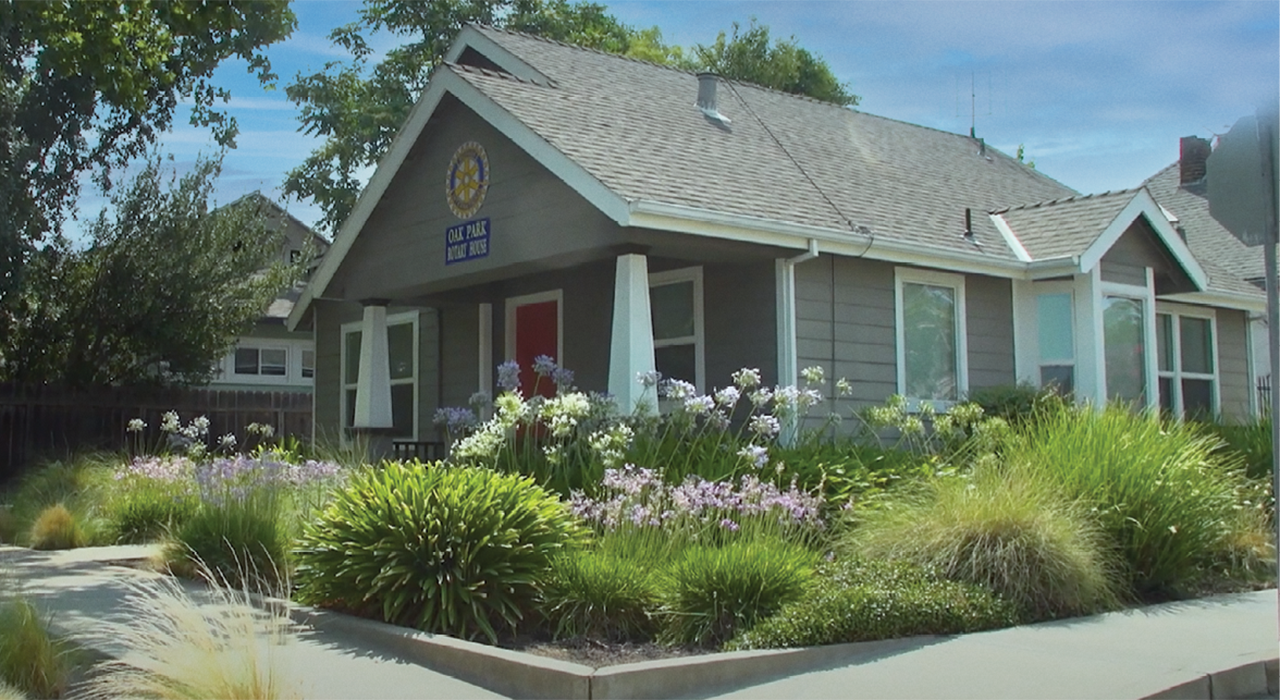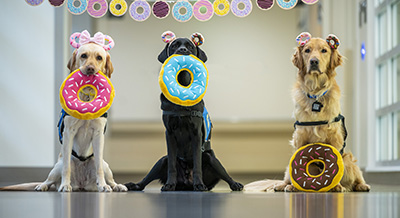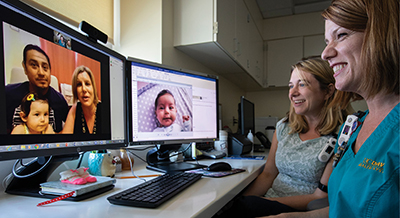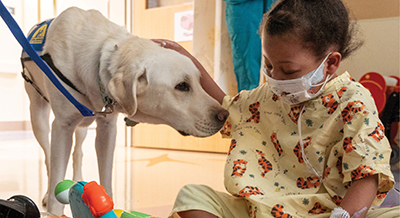MAARY bags help foster youth reacclimate after hospitalization
For the past year UC Davis Children’s Hospital pediatric social workers have organized MAARY (Marginalized and At Risk Youth) duffle bags for foster youth to help with their difficult transition after being discharged from the hospital. Each bag — funded through public donations made to the UC Davis Patient Assistance Support Fund — is filled with personal items including a blanket, socks, toiletries and a night light for toddlers.
First-of-its-kind clinic for foster children opens
In 2021, UC Davis Children’s Hospital partnered with the Sacramento County Health Center to establish a Comprehensive Integration of Resilience into Child Life Experiences (CIRCLE) clinic to address the effects of Adverse Childhood Experiences (ACEs) in foster care children. The clinic offers comprehensive, trauma-informed, culturally-sensitive care by UC Davis pediatricians; mental health services in partnership with the UC Davis CAARE Center; connections to community resources; and more.
Intervention program helps foster care children
Young foster care children showed fewer behavior problems after participating in PC-CARE, a seven-week intervention program pioneered at the UC Davis CAARE (Child and Adolescent Abuse Resource and Evaluation) Center, a nationally recognized program for the evaluation and treatment of child maltreatment. Supervised and co-developed by psychologist Brandi Hawk, PC-CARE has showcased child improvement in behaviors, trauma symptoms, self-regulation, relationships, and placement stability.
Rapid whole genome sequencing leads to better outcomes for babies
A state-funded Rapid Precision Medicine program yielded life-changing outcomes for critically ill infants at five California hospitals while significantly reducing health care costs. UC Davis Children’s Hospital and the UC Davis MIND Institute were key participants in the research, which was published in the American Journal of Human Genetics and outlined the success of Project Baby Bear, a real-world quality improvement program designed to test the value of rapid Whole Genome Sequencing (rWGS®) to diagnose and guide treatment for unexplained rare disease.
Home away from home
The Oak Park Rotary House uses charitable support to offer free, long-term accommodations close to UC Davis Children’s Hospital for families who have traveled significant distances to seek treatment for a child. As a beacon of hope for more than eight years, the house includes a book that gives each family a chance to share their story and connect with others.
COVID-19 webinars continue to help community hospitals
The Pediatric Acute Care Education Sessions (PACES) program offers free peer-to-peer virtual webinars and roundtable discussions to support clinicians caring for pediatric patients at rural community hospitals. The sessions provide education and clinical guidelines for a wide range of topics, such as treatment of pediatric patients with COVID-19; multisystem inflammatory syndrome in children; and physician morale and wellness.






